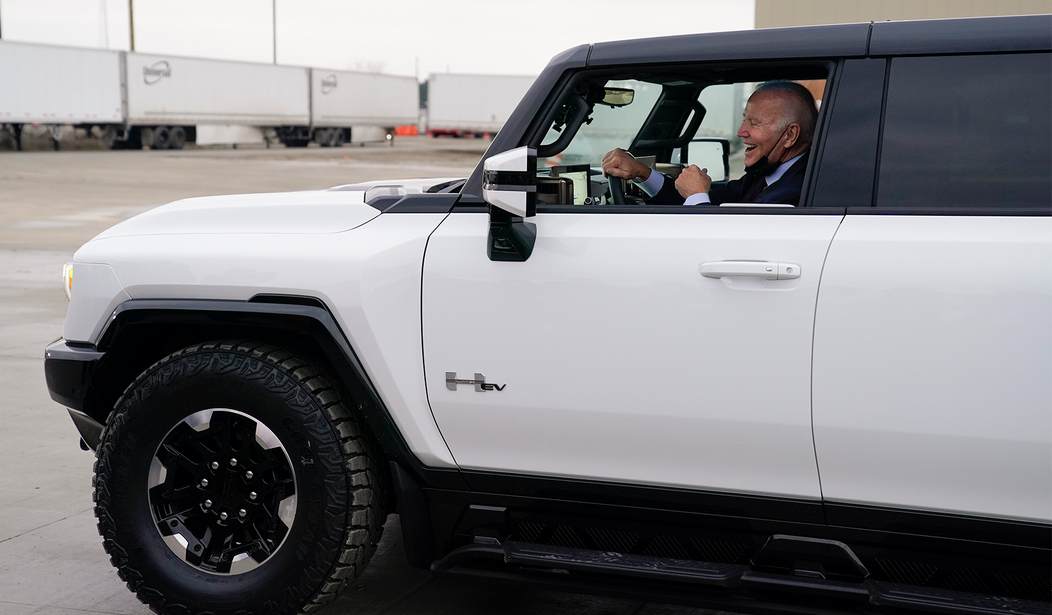The Biden administration is reportedly planning a major change in its electric vehicle push in an election-year concession to automakers and labor unions, The New York Times reports.
"According to people familiar with the plan," the change to the Environmental Protection Agency’s proposed rule would push back limits on tailpipe emissions until after 2030.
The EPA proposed the limits on tailpipe emissions last spring, which would require 67 percent of sales of new cars to be all-electric by 2032. While the administration has not lost sight of its goal, the plan is being reworked to more slowly transition at first through 2030, and then sharply increase thereafter.
Instead of essentially requiring automakers to rapidly ramp up sales of electric vehicles over the next few years, the administration would give car manufacturers more time, with a sharp increase in sales not required until after 2030, these people said. They asked to remain anonymous because the regulation has not been finalized. The administration plans to publish the final rule by early spring.
The change comes as President Biden faces intense crosswinds as he runs for re-election while trying to confront climate change. He is aiming to cut carbon dioxide emissions from gasoline-powered vehicles, which make up the largest single source of greenhouse gases emitted by the United States.
At the same time, Mr. Biden needs cooperation from the auto industry and political support from the unionized auto workers who backed him in 2020 but now worry that an abrupt transition to electric vehicles would cost jobs. (NYT)
Recommended
In addition to the delay being a vote-buying scheme, the report also acknowledged that consumer demand for EVs is not what automakers hoped it would be, with the price and concerns about charging infrastructure being top concerns.























Join the conversation as a VIP Member